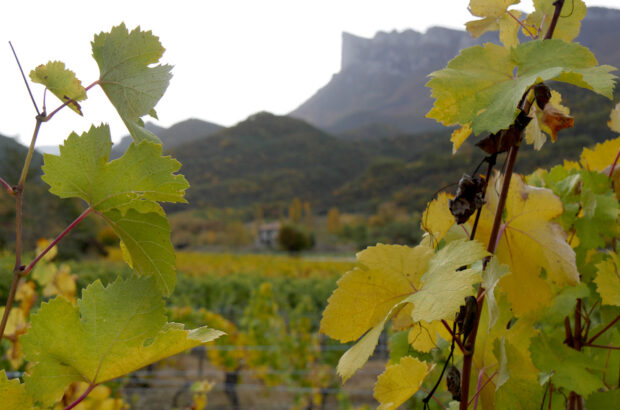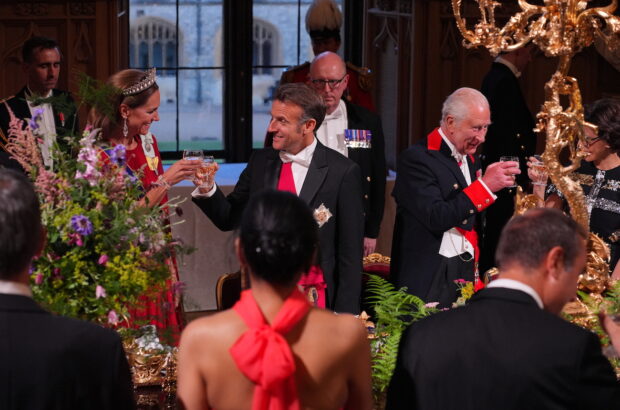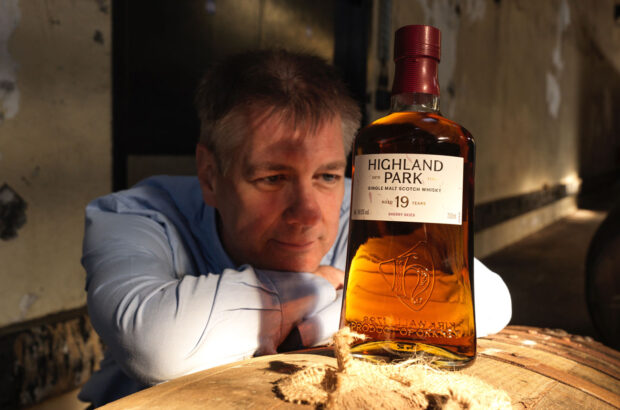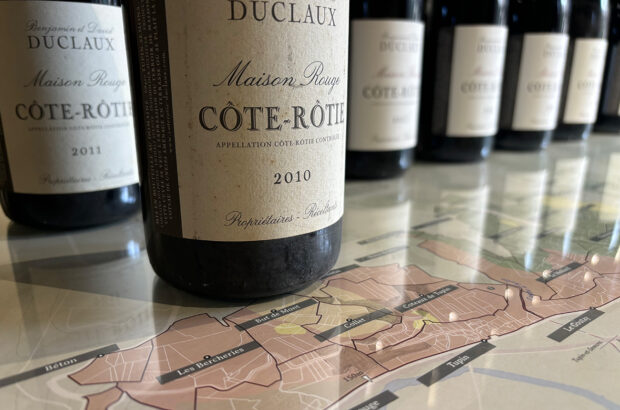Is it possible to match wine with Christmas pudding? What about other sweet treats over the festive period? All is do-able, thanks to the expert guidance below from Matthieu Longuère MS, of Le Cordon Bleu London.
Matching Wine with Christmas desserts
-
Christmas pudding and mince pies with Tawny Port…or Chinese Pu Erh tea
-
Gingerbread with a Lillet Rouge Vermouth
-
Panettone with Moscato d’Asti
-
See all Decanter.com food and wine pairings for Christmas
Full article

Boozy desserts: What to drink with with Christmas pudding
Firstly we will tackle the local desserts such as Christmas pudding, Christmas cake and Mince pies.
What all of these treats have in common is the alcohol content, the dried fruit and the butter or suet. There are no two ways around it, these sweet treats are definitely not for the faint-hearted as they are rich, densely textured and really strong in flavour, and they need a beverage that will be able to survive this onslaught of flavours.
I know we are in the wine business here but for once it might actually be worth considering a non-alcoholic alternative. There is no shortage of booze in these desserts anyway and restoring a certain balance can’t be too nefarious. The one I have in mind is a tea that is usually a hit with our Diploma in Wine, Gastronomy and Management students when they taste it in class – Chinese Pu Erh Tea. This is a Yunnan province speciality, a compressed, aged, post-fermented green tea that shares with wine a potential for ageing. An old Pu Erh tea can also fetch a small fortune.
Flavour wise, Chinese Pu Erh tea is rich and intense with a lovely texture and structure, often with earthy, woody aromas. It is often used in China for medicinal purposes, notably to help digestion, blood circulation and as a hangover cure, so perfectly fitting to fend off the Christmas holiday season excesses. This lightly astringent miracle tea will be able to stand up to the richness of the traditional British Yule desserts, refreshing the palate. The smokiness of the tea will also enhance the aromas of dried fruits and the brandy flavouring the mincemeat.
But for those who simply cannot survive Christmas without alcohol, a chilled glass of Tawny Port or Australian Rutherglen Muscat should do the trick.
Christmas spices: Gingerbread
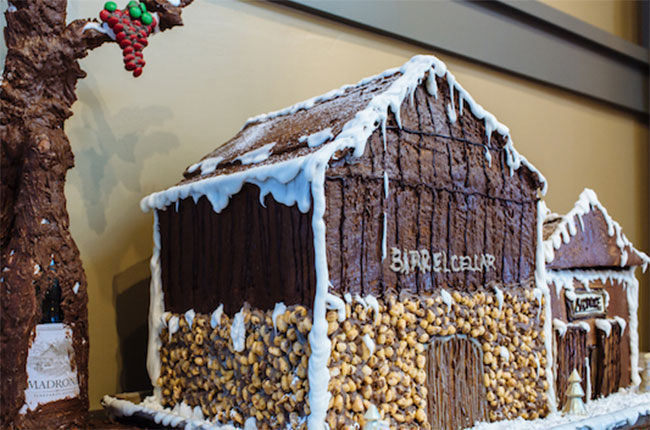
A gingerbread winery by Madrone Vineyards Estate, entered into Sonoma Valley’s annual gingerbread house contest at Christmas. Credits: Madrone Vineyards Estate / Sonoma Valley Wine
Other consistent flavours found in a lot of traditional Christmas desserts all around the world are cinnamon and warm spices such as ginger, like in ginger bread cookies and houses. With these types of flavours an aromatised fortified red wine with a little bit of sweetness, or a speciality from Piemonte such as Barolo Chinato would be perfect. Lillet Rouge made in Podensac near Bordeaux would also be ideal. This vermouth is based on Bordeaux Merlot AOC wine, to which has been added a liqueur made using orange peel and quinquina, and is then aged in oak for several months. The resulting nectar is brimming with mulled wines aromas, vanilla, dark berries and has a pleasant refreshing spiciness to it. These flavours compliment the spices of the gingersnaps perfectly making it taste almost like spicy chocolate.
Fruity breads

Matching wines with Panettone…Credits: Wikipedia / Ben Hanbury / Flickr
Fruit breads are another Christmas classic, with the most common being Panettone and Stollen. What they tend to have in common is that they are based on a type of bread dough and are filled with dried fruit. The panettone is larger and a bit more aerated while the Stollen is denser and includes marzipan and tons of icing sugar. Even though they have different textures, they can both sometimes be a bit drying and hard work. This can be remedied by serving them with mascarpone or cream and, my preferred alternative, washed down with Moscato d’Asti. This slightly sparkling, frizzante, low alcohol, Italian sweet wine based on the Muscat grape has everything you need. It is set alive by the gentle fizz, really peachy and has the added value of sporting a modest 5.5% Alcohol by Volume so you don’t feel guilty when having a second glass.
So as Christmas is fast approaching, and we are all planning what to eat on Christmas day, don’t forget to to pay particular attention to what wines you will be pairing with your Christmas dessert, so as not to end the day with a palate clashing disaster!
About Matthieu Longuère MS
Matthieu Longuere is a Master Sommelier based at Le Cordon Bleu London, a leading culinary arts, wine and management school.
Sommelier in the UK since 1994, he has won numerous awards and accolades for wine lists in the establishments for which he has worked: Lucknam Park Country House Hotel, Hotel du Vin Bristol and La Trompette.
Since joining Le Cordon Bleu in 2013, he has developed the school’s comprehensive Diploma in Wine, Gastronomy and Management; a unique programme which combines the theory of wine with a strong emphasis on practical learning.
Alongside the full Diploma, he also teaches an array of evening classes which are relaxed, yet studious, making them perfect for beginners as well as the more knowledgeable.
More articles from Le Cordon Bleu:

Matching wine with blue cheese – Le Cordon Bleu
Master sommelier Matthieu Longuère gives his advice...

Matching wine with duck – Le Cordon Bleu
Different ways to cook duck and wines to choose...

Matching red wine with fish – Le Cordon Bleu
Don't believe the myth, says Matthieu Longuère MS...

Wine with turkey: A food pairing guide
Be wary of too much tannin, but acidity is your friend...

Canelé – recipe by Michel Roux Jr



